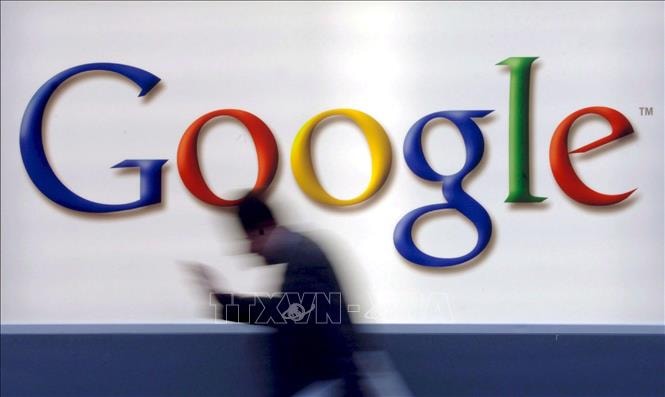On September 18, the Court of First Instance of the European Union (EU) ruled to cancel the 1.49 billion euro (1.65 billion USD) fine that the European Commission (EC) imposed on Google for abusing its dominance in online advertising.

In 2019, the EC decided to fine Google the above amount for allegedly abusing its dominant position by imposing unfavorable terms on partners using its online advertising platform through the Google AdSense service. Google was accused of preventing competitors from displaying ads on these partner websites, thereby strengthening its monopoly position during the period 2006-2016. However, Google changed the contract terms from September 2016 to comply with EC regulations after an official investigation took place. Previously, Google had received complaints from partners in 2010, leading to the investigation by the regulator.
While largely agreeing with the EU competition authority’s assessment of the case, the court found that the EC had not presented sufficient evidence to prove that Google’s conduct had caused significant harm to competition in the market. The court said the EC had not adequately considered other factors that might influence publishers’ decisions when choosing an advertising platform.
The court’s overturning of the fine could complicate the EC’s legal battle to regulate big tech companies, and raise questions about whether current competition rules are adequate to deal with a global powerhouse like Google. The EC will have to decide whether to appeal and how to adjust its rules to ensure fairness in the online advertising market.
The ruling will give Google a leg up in defending its position against antitrust charges in Europe, and it will set a precedent for other antitrust cases involving tech companies. Companies will likely refer to the ruling when defending against similar charges. If the EC decides to appeal, the case could drag on for years.
On the same day, the EU Court of First Instance reduced the antitrust fine imposed on US chipmaker Qualcomm to 238.7 million euros ($265 million). Previously, in 2019, the EU fined the company 242 million euros after finding it had implemented a strategy of extremely low pricing to eliminate competitors.